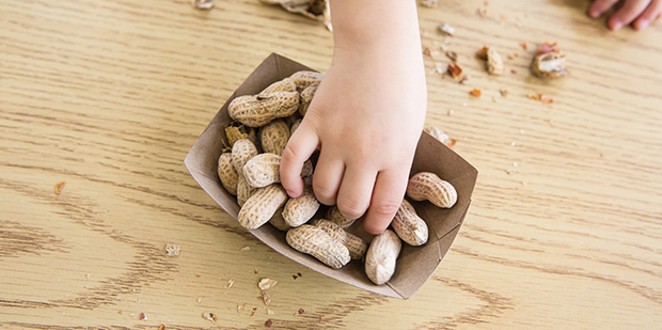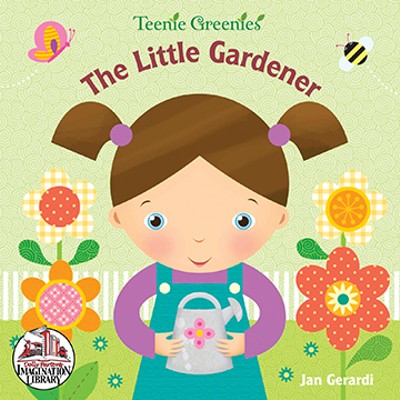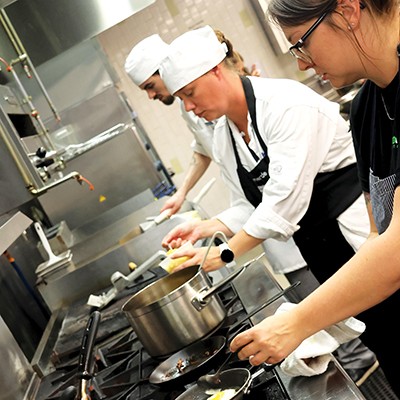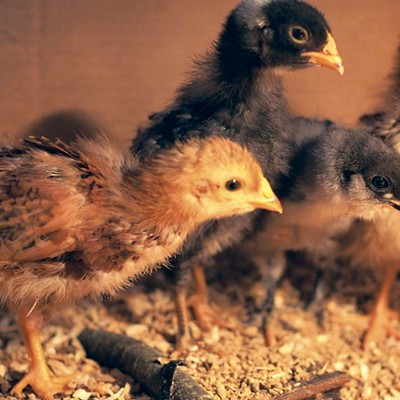Gliding along the monorail line during a recent trip to Disney World, I struck up a conversation with the dad sitting next to me. He had a worn-out little boy asleep against his shoulder, as I watched my own overstimulated daughter struggle to sit still in her seat.
“We come here every year,” the dad told me. “My son has a real serious peanut allergy. We’ve had a couple of bad scares, almost lost him once…” His voice trailed off before he pulled an EpiPen out of his pocket. “Can’t go anywhere without this. Anyway, they’re real good here about it. There’s lots of procedures in place to keep him safe.” My heart went out to this concerned dad, and I sympathized with the constant worry over whether or not his child could be exposed to a life-threatening allergen.
Since 1997, the number of children with a peanut allergy has nearly tripled, and today almost two million children have been diagnosed with a peanut allergy. New guidelines released in 2017 by the American Association of Pediatrics hope to change this trend. Previous recommendations published as recently as 2010 advised parents not to give peanut products to their children until they were well into their toddler years. Now that advice has been turned around. Caregivers are encouraged to introduce small amounts of peanut products to infants early on, when children are just beginning to eat solid foods.
These 2017 recommendations are based in part on a large study published in the New England Journal of Medicine in 2015. The study, known as LEAP (Learning Early About Peanut Allergies) was a randomized trial of peanut consumption in infants at high risk for developing a peanut allergy. Over 600 babies aged four to 11 months who were at high risk were divided into two groups: one was introduced early to peanuts and one had no introduction of peanut products. The babies were retested again at five years of age. Of the children who avoided peanut products, 13.7% developed an allergy. Just 1.9% of the children who were introduced early to peanuts developed an allergy, suggesting that introducing peanut products early on could reduce the risk of developing an allergy by 81%.
Dr. Dana Crosby, an ENT-otolaryngologist with SIU School of Medicine advises parents who are unsure about how and when to introduce peanut products. “The recommendations that came out are pretty specific,” she said. “They stratify kids into three different groups: a low-risk group that has no known food allergies and no eczema, the medium-risk kids have maybe mild to moderate eczema and the high-risk kids have severe eczema and/or a known egg allergy. Depending on what group you’re in, that would dictate how we go about introducing peanuts to that child.”
Crosby said that eczema is a major indicator of whether or not a child could develop an allergy. “When we think about allergies in kids, early eczema is pretty predictive of developing allergies, be it food allergies, environmental allergies and even asthma,” she said. She stressed that it’s important for parents who have questions about their child’s level of risk to discus this with their pediatrician and come up with a plan for introducing peanuts into the diet.
While peanut products should be introduced early, Crosby said she wouldn’t recommend feeding peanut products to a child unless other solid foods have already been introduced. High risk foods such as peanut products should be introduced one at at time, so that the culprit can be identified in the event a child does have a reaction.
“It’s also important to note that no child under the age of five should be given a whole peanut, because it’s a choking hazard,” she warned.
Crosby recommends creating a plan for introducing young babies (4-6 months of age) to peanut products with your pediatrician. If your infant is considered low-risk and already enjoying some solid foods, peanut products can be introduced. Peanut butter should be thinned with a little warm water before being given to a child. For older infants who are already enjoying a variety of solids foods, try adding a small amount of creamy peanut butter to some teriyaki sauce and mixing it well before tossing it with some tender cooked broccoli, carrot sticks and rice noodles for a nutty supper the whole family will enjoy.
Peanut allergies in children
[
{
"name": "Air - MedRect Combo - Inline Content 1",
"component": "11490391",
"insertPoint": "3",
"requiredCountToDisplay": "1",
"parentWrapperClass": "fdn-ads-inline-content-block"
},{
"name": "Air - MedRect Combo - Inline Content 2",
"component": "11490392",
"insertPoint": "7",
"requiredCountToDisplay": "5",
"parentWrapperClass": "fdn-ads-inline-content-block"
},{
"name": "Air - MedRect Combo - Inline Content 3",
"component": "11490393",
"insertPoint": "12",
"requiredCountToDisplay": "9",
"parentWrapperClass": "fdn-ads-inline-content-block"
}
]
Illinois Times has provided readers with independent journalism for almost 50 years, from news and politics to arts and culture.
Your support will help cover the costs of editorial content published each week. Without local news organizations, we would be less informed about the issues that affect our community..
Got something to say?
Send a letter to the editor and we'll publish your feedback in print!


























